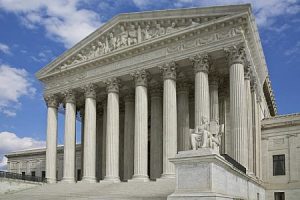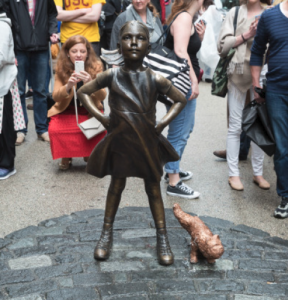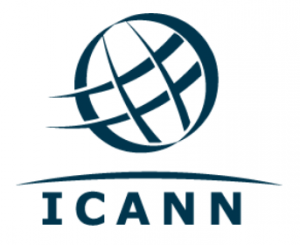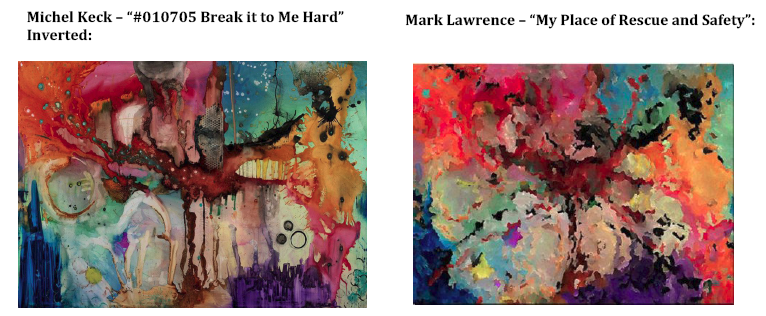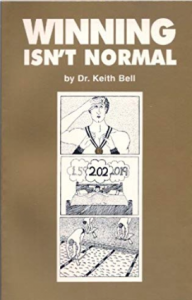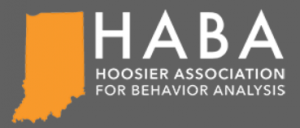October 17, 2019. The US Patent Office has issued an Update on “Subject Matter Eligibility.” These Guidelines are used by the Patent Office to determine whether patent claims are eligible for protection under 35 USC 101.
Patent claims satisfy § 101’s eligibility requirement unless they are directed to an abstract idea (or other ineligible principle) and fail to add any inventive concept. Alice Corp. Pty. Ltd. v. CLS Bank Intern., 573 U.S. 208 (2014). In particular, claims that recite a specific advance in computer technology—including, for example, an unconventional arrangement of computer components—are eligible.
It is notoriously unclear to understand how should be applied. For example , Judge Plager of the Federal Circuit (and former Dean of the School of Law and Indiana University – Bloomington) has stated that the “body of doctrine” is “incoherent,” “render[ing] it near impossible to know with any certainty whether [an] invention is or is not patent eligible.” Interval Licensing LLC, 896 F.3d at 1348 (Plager, J., concurring and dissenting). Other jurists have noted that the case law is “baffling,” “inconsistent,” and that “needs clarification by higher authority, perhaps by Congress.” Athena Diagnostics, Inc. v. Mayo Collaborative Servs., LLC, 927 F.3d 1333, 1371 (Fed. Cir. 2019); Aatrix Software, Inc. v. Green Shades Software, Inc., 890 F.3d 1354, 1360 (Fed. Cir. 2018)
 Indiana Intellectual Property Law News
Indiana Intellectual Property Law News



